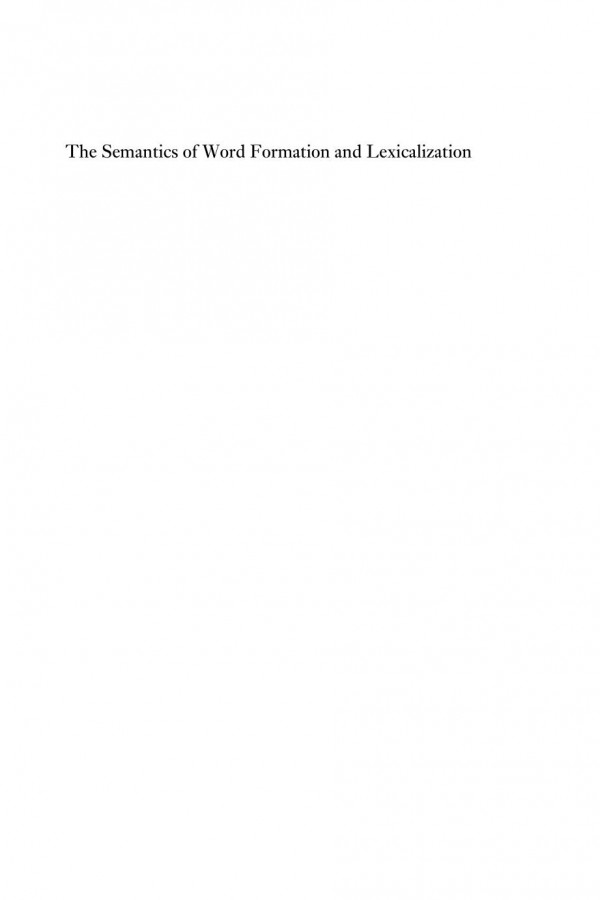

Most ebook files are in PDF format, so you can easily read them using various software such as Foxit Reader or directly on the Google Chrome browser.
Some ebook files are released by publishers in other formats such as .awz, .mobi, .epub, .fb2, etc. You may need to install specific software to read these formats on mobile/PC, such as Calibre.
Please read the tutorial at this link: https://ebookbell.com/faq
We offer FREE conversion to the popular formats you request; however, this may take some time. Therefore, right after payment, please email us, and we will try to provide the service as quickly as possible.
For some exceptional file formats or broken links (if any), please refrain from opening any disputes. Instead, email us first, and we will try to assist within a maximum of 6 hours.
EbookBell Team

4.4
92 reviewsIn the study of word formation, the focus has often been on generating the form. In this book, the semantic aspect of the formation of new words is central. It is viewed from the perspectives of word formation rules and of lexicalization. An extensive introduction gives a historical overview of the study of the semantics of word formation and lexicalization, explaining how the different theoretical frameworks used in the contributions relate to each other. Each chapter then concentrates on a specific question about a theoretical concept or a word formation process in a particular language and adopts a theoretical framework that is appropriate to the study of this question. From general theoretical concepts of productivity and lexicalization, the focus moves to terminology, compounding, and derivation.